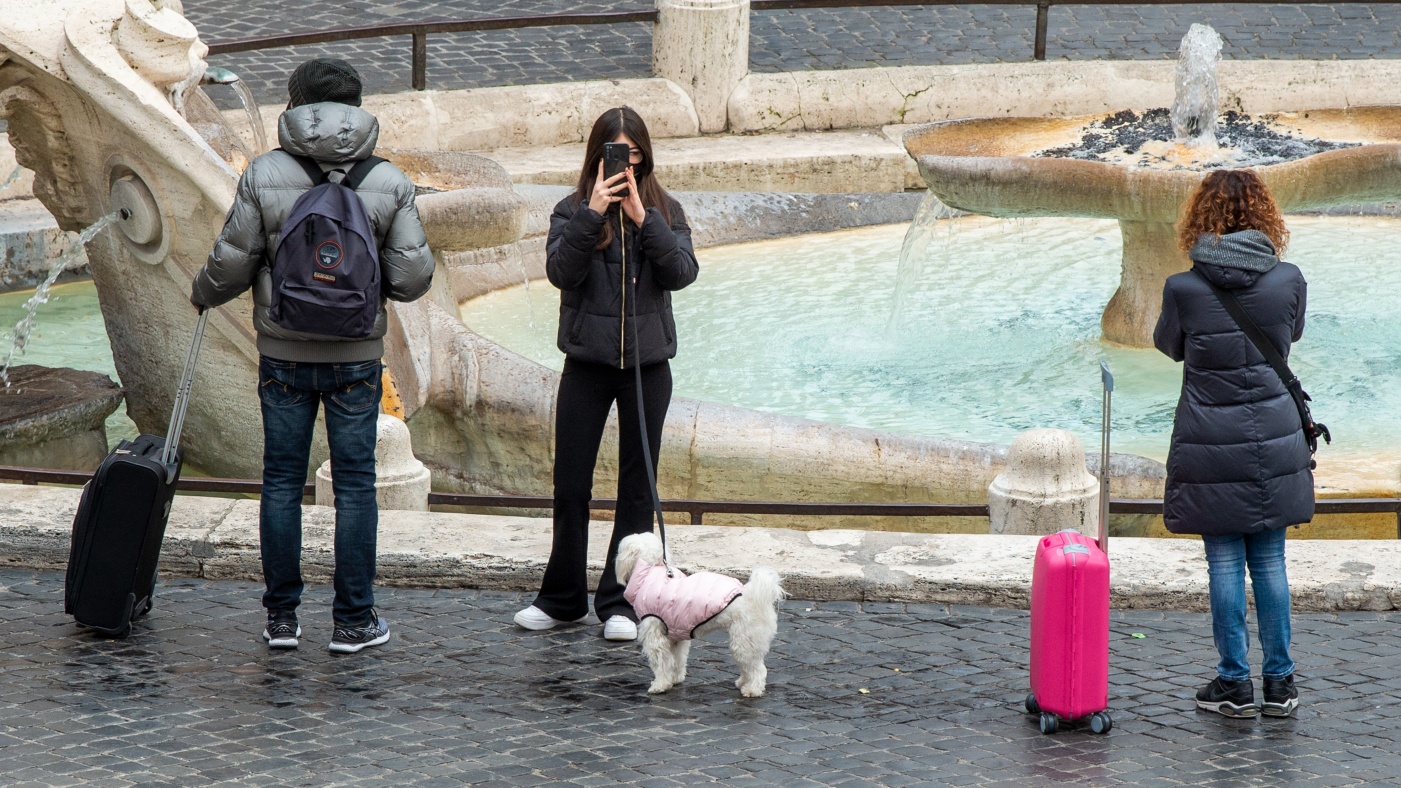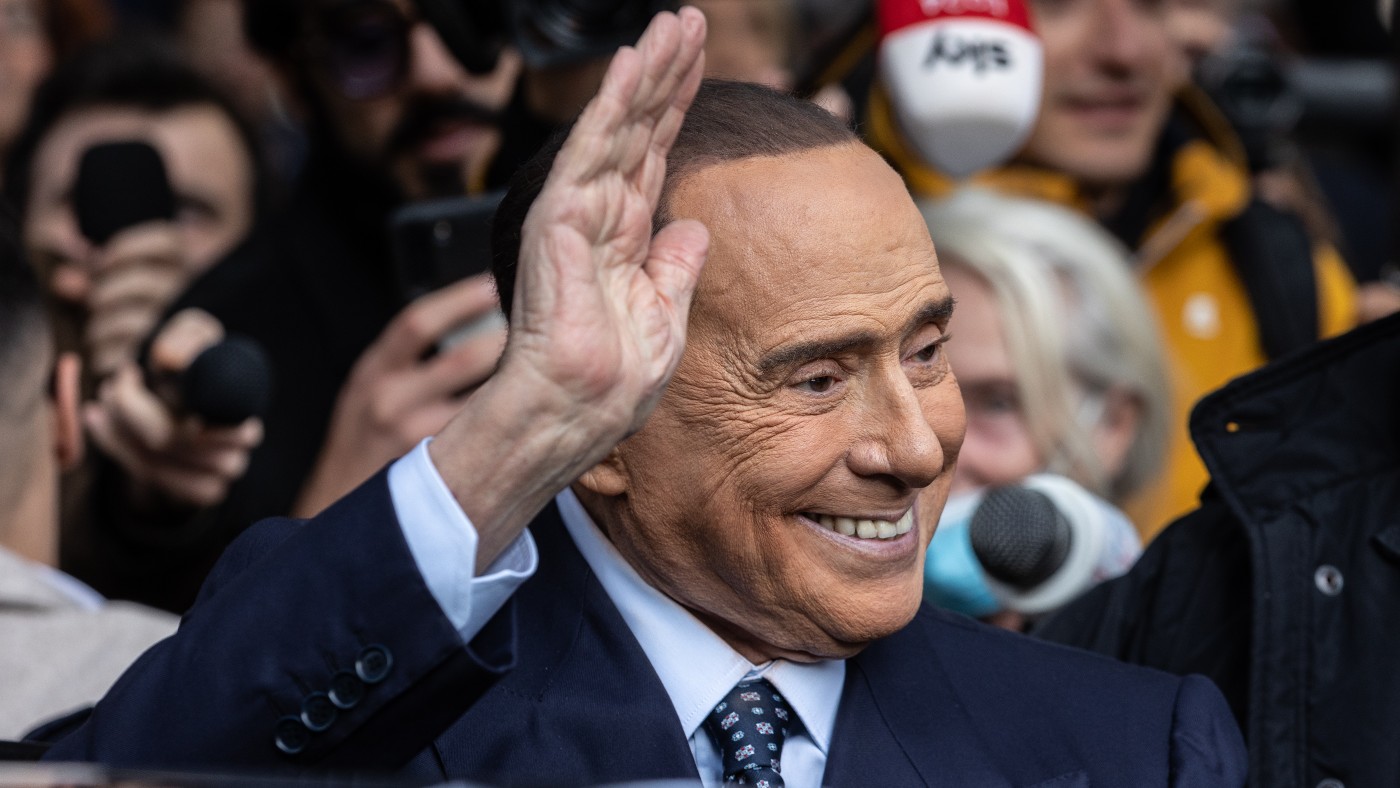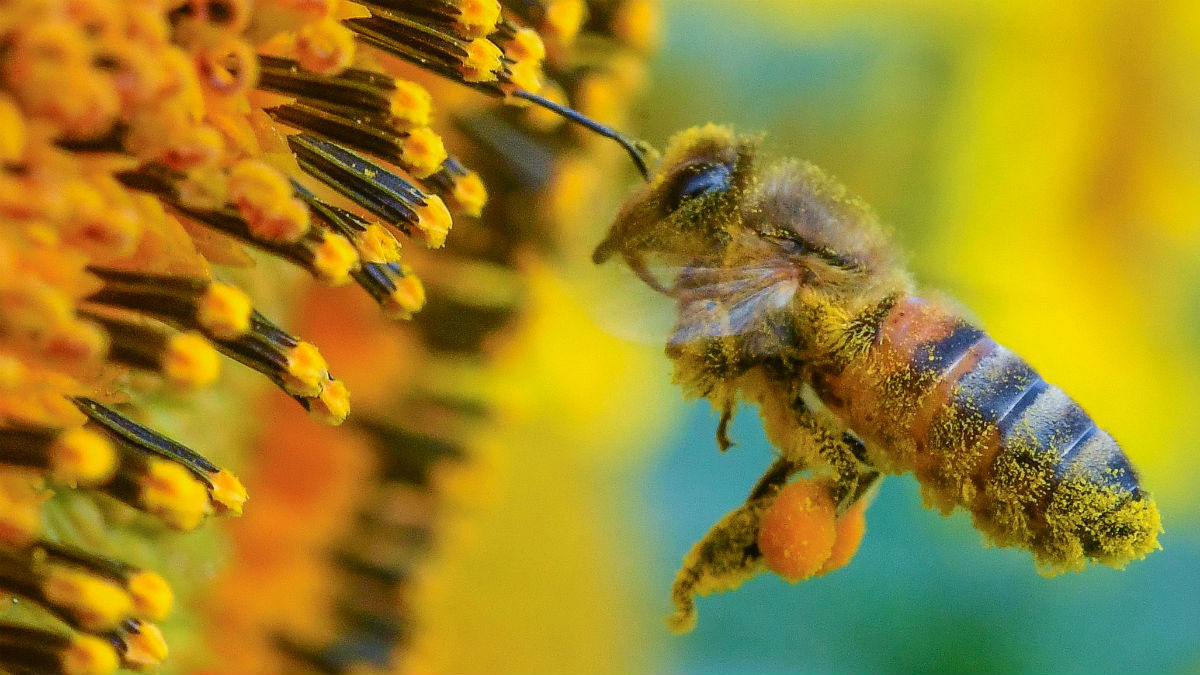Why is Italy the anti-vaccination capital of Europe?
Anti-vaxxers have moved to the top of the country’s political agenda as measles cases skyrocket

A free daily email with the biggest news stories of the day – and the best features from TheWeek.com
You are now subscribed
Your newsletter sign-up was successful
Italy is facing one of its worst epidemics of measles, with the nation accounting for a quarter of all the cases in Europe this year. The scale of the outbreak - with a sixfold increase in rates of the potentially deadly disease over the past year - is being blamed on Italy’s vocal anti-vaccination movement, and on government complicity.
The debate has reached a peak in the past week, after Ivan Zaytsev, a volleyball player with Italy’s national team and an Olympic medallist, posted a photo online showing his seven-month-old daughter after receiving a vaccination. In response, he was sent a barrage of abuse from anti-vaxxers.
As public debate rages, and the governing alliance of the Northern League and the Five Star Movement (M5S) look to further discredit the science of vaccinations, we examine how the anti-vaxxer drive began and what might happen next.
The Week
Escape your echo chamber. Get the facts behind the news, plus analysis from multiple perspectives.

Sign up for The Week's Free Newsletters
From our morning news briefing to a weekly Good News Newsletter, get the best of The Week delivered directly to your inbox.
From our morning news briefing to a weekly Good News Newsletter, get the best of The Week delivered directly to your inbox.
Where has this movement come from?
Scepticism in Italy about vaccines dates back to the infamous discredited 1998 study by British doctor Andrew Wakefield that linked the MMR vaccine to autism in children.
His findings were quickly debunked, but as late as 2012, a court in Rimini, northeast Italy, controversially ruled that a child’s autism had in fact been caused by the MMR vaccination, Time reports.
“The Rimini ruling was overturned in 2015, but the judgment had by then done its damage,” the magazine adds.
A free daily email with the biggest news stories of the day – and the best features from TheWeek.com
In Wired, journalist Riccardo Saporiti argues that the continued popularity of the anti-vax movement can be linked to political corruption scandals that have eroded faith in public services in Italy.
“Italians first started not trusting their politicians in the 1990s, then we lost faith in doctors and economists,” Saporiti writes. “Now when it comes to vaccines, everyone has an opinion on it.”
Politicians from the ruling alliance of the right-wing League party and the anti-establishment M5S movement have actively fuelled suspicions about the safety of childhood vaccines, much to the chagrin of the scientific community and their supporters.
Measles outbreak and elections
Public health authorities are “incredulous that the small but loud anti-vax movement has gained traction during an entirely preventable outbreak”, says the Associated Press, “thanks to an election campaign where prominent politicians have questioned the safety of shots and denounced obligatory inoculations”.
In mid-2017, the Democratic Party, then in control of the government, implemented a new law requiring parents to inoculate their children against ten diseases before they could enroll them in school - a piece of legislation that was met with a fierce backlash from M5S and the League in the run-up to the country’s elections this May.
Despite the protests of the medical community, the dispute looks set to keep going for some time yet.
Matteo Salvini, deputy prime minister and League leader, recently said that the requirement for ten vaccines was “too much”.
He argues that mandatory vaccinations incurs on Italians’ “freedom of choice” and that “having twelve [shots] together exposes the children [to] risk”, Time magazine reports. The jabs should be at the discretion of “of Mum and Dad”, Salvini insists.
Andrea Grignolio, a medicine historian at La Sapienza University of Rome, claims Salvini’s carefully worded argument is the “first step toward getting rid of the vaccine completely”.
“It is an intelligent strategy... what you are offering is a route for citizens to avoid vaccinations,” Grignolio concludes.
-
 The ‘ravenous’ demand for Cornish minerals
The ‘ravenous’ demand for Cornish mineralsUnder the Radar Growing need for critical minerals to power tech has intensified ‘appetite’ for lithium, which could be a ‘huge boon’ for local economy
-
 Why are election experts taking Trump’s midterm threats seriously?
Why are election experts taking Trump’s midterm threats seriously?IN THE SPOTLIGHT As the president muses about polling place deployments and a centralized electoral system aimed at one-party control, lawmakers are taking this administration at its word
-
 ‘Restaurateurs have become millionaires’
‘Restaurateurs have become millionaires’Instant Opinion Opinion, comment and editorials of the day
-
 Bizarre pizza toppings horrify Italians
Bizarre pizza toppings horrify ItaliansTall Tales And other stories from the stranger side of life
-
 Being nosy 'helps you live longer'
Being nosy 'helps you live longer'Tall Tales And other stories from the stranger side of life
-
 The tourist tidal wave that’s flattening Europe’s cities
The tourist tidal wave that’s flattening Europe’s citiesfeature Historic cities are struggling to tackle a flood of short-term rental lets in their city centres
-
 Silvio Berlusconi: ‘bounce-back politician’ dies aged 86
Silvio Berlusconi: ‘bounce-back politician’ dies aged 86Speed Read The former Italian prime minister was linked to a series of scandals in and out of office
-
 Italian town bans selfies
Italian town bans selfiesfeature And other stories from the stranger side of life
-
 US approves world’s first vaccine for honeybees
US approves world’s first vaccine for honeybeesSpeed Read Development hailed as ‘exciting step forward’ in effort to halt decline in bee numbers
-
 ‘Fiercer punishment is no solution to drug use’
‘Fiercer punishment is no solution to drug use’Instant Opinion Your digest of analysis from the British and international press
-
 ‘Britain and Kenya must find and punish the still living perpetrators of crimes’
‘Britain and Kenya must find and punish the still living perpetrators of crimes’Instant Opinion Your digest of analysis from the British and international press